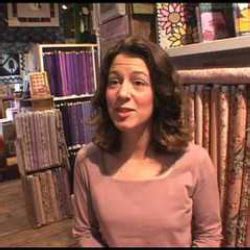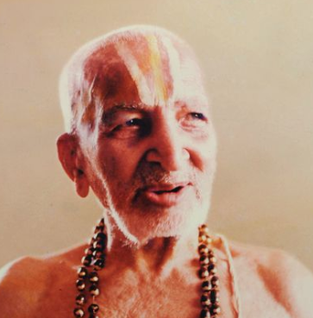A Quote by Daniel Taylor
We are shaped by stories from the first moments of life, and even before. Stories tell us who we are, why we are here, and what will become of us. Whenever humans try to make sense of their experience, they create a story, and we use those stories to answer all the big questions of life. The stories come from everywhere--from family, church, school, and the culture at large. They so surround and inhabit us that we often don't recognize that they are stories at all, breathing them in and out as a fish breathes water.
Quote Topics
Answer
Become
Before
Big
Big Questions
Breathing
Church
Come
Create
Culture
Even
Everywhere
Experience
Family
First
Fish
Humans
Inhabit
Large
Life
Make
Make Sense
Moments
Moments Of Life
Often
Out
Questions
Recognize
School
Sense
Shaped
Stories
Story
Surround
Tell
Them
Those
Try
Us
Use
Water
Whenever
Why
Why We Are Here
Will
Related Quotes
What does it matter, if we tell the same old stories? ...Stories tell us who we are. What we’re capable of. When we go out looking for stories we are, I think, in many ways going in search of ourselves, trying to find understanding of our lives, and the people around us. Stories, and language tell us what’s important.
We read novels because we need stories; we crave them; we can’t live without telling them and hearing them. Stories are how we make sense of our lives and of the world. When we’re distressed and go to therapy, our therapist’s job is to help us tell our story. Life doesn’t come with plots; it’s messy and chaotic; life is one damn, inexplicable thing after another. And we can’t have that. We insist on meaning. And so we tell stories so that our lives make sense.
Each of us is comprised of stories, stories not only about ourselves but stories about ancestors we never knew and people we've never met. We have stories we love to tell and stories we have never told anyone. The extent to which others know us is determined by the stories we choose to share. We extend a deep trust to someone when we say, "I'm going to tell you something I've never told anyone." Sharing stories creates trust because through stories we come to a recognition of how much we have in common.
So I found myself telling my own stories. It was strange: as I did it I realised how much we get shaped by our stories. It's like the stories of our lives make us the people we are. If someone had no stories, they wouldn't be human, wouldn't exist. And if my stories had been different I wouldn't be the person I am.
Humans like stories. Humans need stories. Stories are good. Stories work. Story clarifies and captures the essence of the human spirit. Story, in all its forms—of life, of love, of knowledge—has traced the upward surge of mankind. And story, you mark my words, will be with the last human to draw breath.
Stories hold power because they convey the illusion that life has purpose and direction. Where God is absent from the lives of all but the most blessed, the writer, of all people, replaces that ordering principle. Stories make sense when so much around us is senseless, and perhaps what makes them most comforting is that, while life goes on and pain goes on, stories do us the favor of ending.
The language of the culture also reflects the stories of the culture. One word or simple phrasal labels often describe the story adequately enough in what we have termed culturally common stories. To some extent, the stories of a culture are observable by inspecting the vocabulary of that culture. Often entire stories are embodied in one very culture-specific word. The story words unique to a culture reveal cultural differences.
I don't necessarily think stories have functions any more than diamonds have functions, or the sky has a function... Stories exist. They keep us sane, I think. We tell each other stories, we believe stories. I love watching the slow rise of the urban legend. They're the stories that we use to explain ourselves to ourselves.
Humans are kind of story-propagating creatures. If you think of how we spend our days, think of all the time you spend on entertainment. How much of your entertainment centers around stories? Most pieces of music tell stories. Even hanging out with your friends, you talk, you tell stories to each other. They're all stories. We live in stories.
The very act of story-telling, of arranging memory and invention according to the structure of the narrative, is by definition holy. We tell stories because we can't help it. We tell stories because we love to entertain and hope to edify. We tell stories because they fill the silence death imposes. We tell stories because they save us.






































